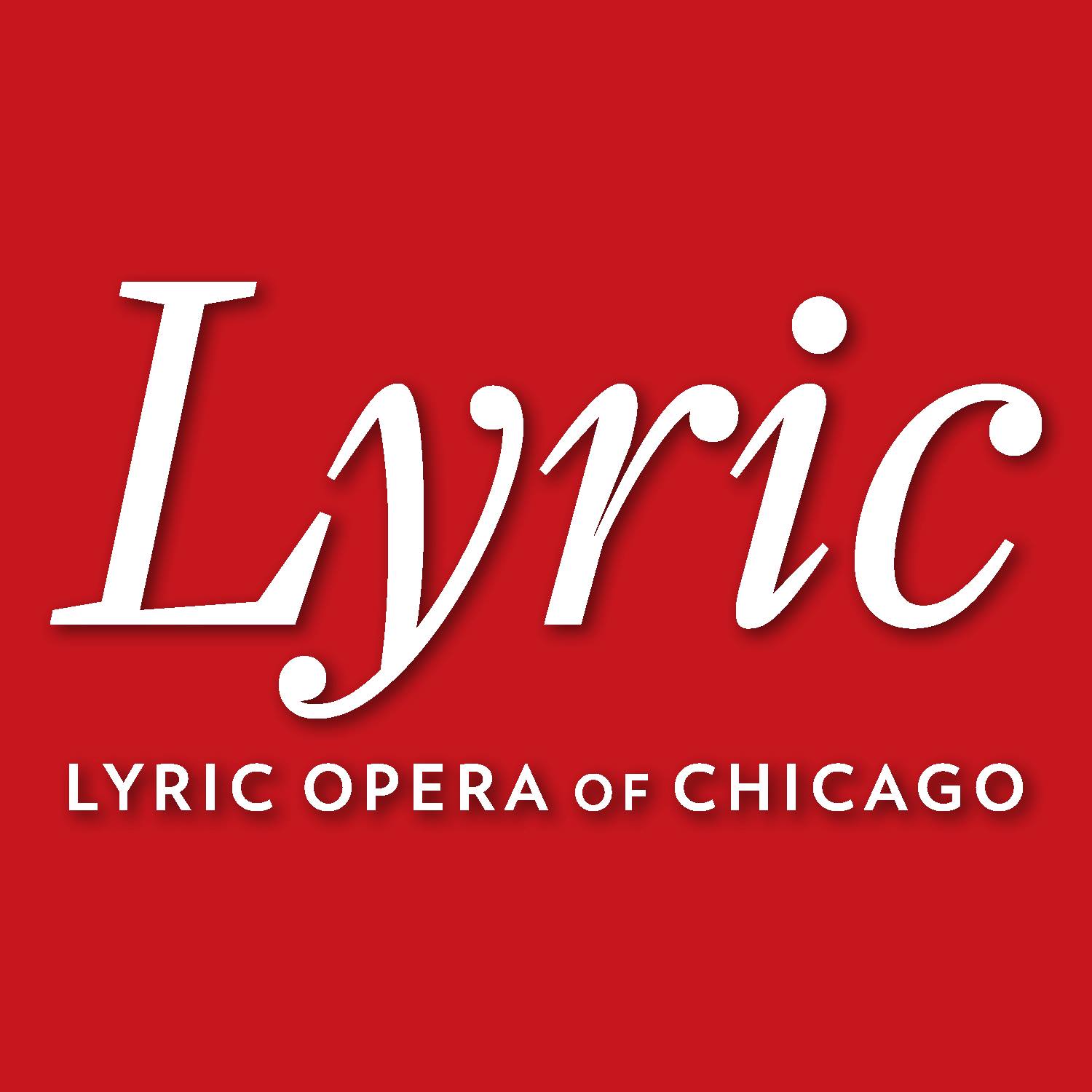

Carol Fox died a few months later, survived by a daughter Victoria. īecause of her illnesses and her refusal to lower her artistic standards despite the Lyric's dire financial state in 1980, her resignation was sought and given. In 1974, she founded Lyric Opera's ballet school, where she taught the Balanchine technique. After retiring from dancing, Tallchief moved to Chicago where she served as director of ballet for the Lyric from 1973 to 1979. Franco Zeffirelli staged operas as did Harold Prince. Christoph von Dohnányi and Sir Georg Solti chose the Lyric for their American operatic debuts. Bruno Bartoletti was principal conductor, but other conductors included Tullio Serafin, Dimitri Mitropoulos and Artur Rodziński. The Italian composer Pino Donati was her artistic director. Her success can be measured in one statistic regarding the filling of the Lyric's Civic Opera House: in 1954, the season ran for three weeks in 2007/08 the Lyric had an almost six-month season.įox also used her formidable persuasive powers on artists other than singers: she was able to bring Rudolph Nureyev to make his debut on an American opera stage at the Lyric Vera Zorina, Alicia Markova, Erik Bruhn and Maria Tallchief also danced at the Lyric, and George Balanchine created choreography for the Lyric. However, when she realized that performance was not to be in her future, she decided that it lay in bringing the performances of the world's finest artists to her home town of Chicago. However, this first eight-opera season in 1954 was not the result of a long apprenticeship in opera production Carol Fox, fluent in Italian and French, had studied opera singing for many years, culminating in two years of intensive work in Italy. Lyric Opera was formed in 1954 and has continued uninterrupted except for 1967.Ĭarol Fox, America's first female opera impresario at the age of 28, began her first season in 1954 by bringing Maria Callas for her American debut in the title role of Norma, the first of many electrifying Callas performances in Chicago. There were no seasons from 1947 until 1953, so opera was presented by other companies on tour. From 1936 to 1939, the company was called Chicago City Opera Company, and finally from 1940 to 1946 opera was presented by the Chicago Opera Company. After no season in 1932/33, the company was re-formed and again named the Chicago Grand Opera Company from 1933 to 1935. This lasted through 1921/22, when it became the Chicago Civic Opera from 1922 until 1932. Chicago had this first company for four seasons, then, after no season in 1914/15, it was re-formed as the Chicago Opera Association. Resident opera companies began in Chicago in 1910 with the Chicago Grand Opera Company being formed from the remains of the Manhattan Opera Company, which had been founded by Oscar Hammerstein I, and had been squeezed out by the more financially sound Metropolitan Opera. The old Auditorium continued to produce stage shows and musicals until it closed in 1941. In 1929 the current Civic Opera House on 20 North Wacker Drive was opened, though the Chicago Civic Opera Company itself collapsed in the Great Depression. The second opera house, the Chicago Auditorium, opened in 1889. Chicago's first opera house opened in 1865 but was destroyed in the Great Fire of Chicago in 1871. The first opera to be performed in Chicago was Bellini's La sonnambula, presented by a traveling opera company on 29 July 1850.


It’s a heartwarming holiday tradition designed with families in mind, and you can only experience it right here in KC.Īll performances will be in The Michael and Ginger Frost Production Arts Building.ħ12 E 18th Street Kansas City, Missouri 64108 Based on Italian folktales of the Nativity and the Epiphany, this imaginative, unique telling of the first Christmas is an original Lyric Opera of Kansas City production created in collaboration with master puppeteer Paul Mesner. Amahl is dazzled both by their stories and the exotic treasures they carry, but the humble host will soon show them what it truly means to give with a generous heart, triggering a miraculous ending to this inspiring story. When they stop to rest for the night, they are taken in by an impoverished, disabled boy and his mother. Seamlessly pairing live singing and music with masterful puppetry, Amahl and the Night Visitors brings to life the story of three kings – the Magi – who have traveled from far away lands to bring gifts to a child born in Bethlehem. Mack the Knife is the Man I Love: A Weill-Gershwin CabaretĪmahl and the Night Visitors Three Wise Men.


 0 kommentar(er)
0 kommentar(er)
